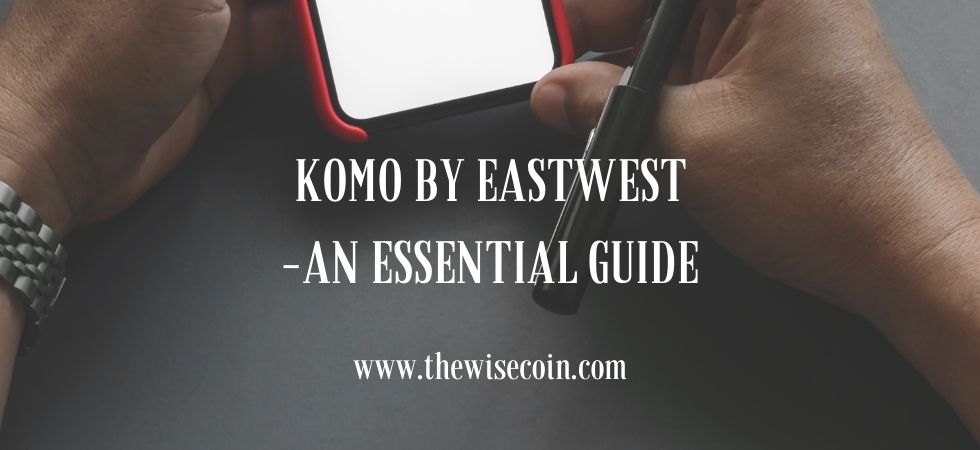Top 7 Financial Mistakes I Made in the Past
Everyone makes mistakes and that is a fact of life. Most of these mistakes can easily be corrected and the consequences can be repaired in the short term. However, when it comes to finances, mistakes can result in situations that cannot be easily repaired and may require long-term solutions affecting other aspects of our lives. For example, a costly item bought on impulse today might cause instability to someone’s finances in the coming months.
Here are the 7 financial mistakes I have made in the past which greatly affected my current situation.

1. Having no holistic financial plan
For more than 10 years after graduating from college, I don’t remember formulating a financial plan that is holistic in scope. Of course, we have budget plans – daily, weekly, monthly – but budget is just a little fraction of a financial plan. Marriage and having a child had prompted me to be more serious on this matter.
I have read a lot of financial books, blogs, articles, and videos then applied what’s relevant to the current situation. It should have been done much early – before the need for it revealed itself.
2. Not saving enough much early in my professional life
This is very much related to #1. When you are young, it feels that money will always be available and will just endlessly flow. Financial literacy and the value of saving for the future are not popular among young professionals because they believe that life should be enjoyed now. I had that kind of thinking when I was young.
3. Investing without building first an emergency fund
When, finally, I have gained knowledge of the ways on how to handle and invest money, I made a common mistake among newbie investors. Every month, I invested money to buy stocks but I ignored the caution normally I read in financial advise blogs – ‘Do not invest without having first an emergency fund!’ When emergency came, you’ve guessed it right, I pulled the funds from the sale of my stocks.

Why do we need an emergency fund? Here is my post that tackles this topic: What is an Emergency Fund and Why is it a Priority?
4. Buying a house and car without considering the impact to finances
This is a common mistake among married couples and could also be an effect of not having a holistic financial plan. The usual consideration for deciding to purchase a property is the monthly take-home pay and not its percentage in the monthly budget and future expenses. We normally hear statements like “The monthly amortization is just x percent of your salary. It’s affordable!”
5. Spending my saved/invested money on house improvements
Before we transferred to our new house, improvements should be done to make it more livable. However, the planned budget was exhausted so I withdrew my savings from my cooperative to cover for the additional expenses. We should have instead saved for it as we could still transfer without its completion.
6. Not tracking daily expenses
Obviously, this is a common financial mistake. How can we create a financial plan if we don’t know how much we spend daily, weekly, or monthly? Honestly, it was only last year when I dedicated more time tracking where my money goes.
If you don’t have yet a budget tracker app, you may check out this post on Money Manager: Review: Money Manager App.
7. Not paying myself first
I have been working for many years and for all those years, my money habit was to ‘pay myself last.’ Do you save only what’s left of your salary? If yes, then, you’re doing the same thing. What is ‘Paying yourself first’? Upon receiving your earnings, you have to put a portion of it for savings right away. It is hard to commit to this but it can be done.
Final Thoughts
Financial mistakes happen to all people in different stages in their lives. What is important is the learning that comes from these mistakes.
How about you? Have you made financial decisions in the past you wished you haven’t done or you wished you have done at a later time when you are at least more prepared?

















2 Responses
[…] An emergency fund is also necessary when investing in financial instruments such as UITFs, mutual funds and stocks. A person should not invest without an emergency fund as this will result to great losses in times of financial emergencies. In addition, money invested can’t be easily withdrawn. You may want to check this in this post: Top 7 Financial Mistakes I Made in the Past. […]
[…] In The Wise Coin blog, I will share the lessons I have learned in the above story. You may check this post on the financial mistakes I made in the past: Top 7 Financial Mistakes I Made in the Past. […]